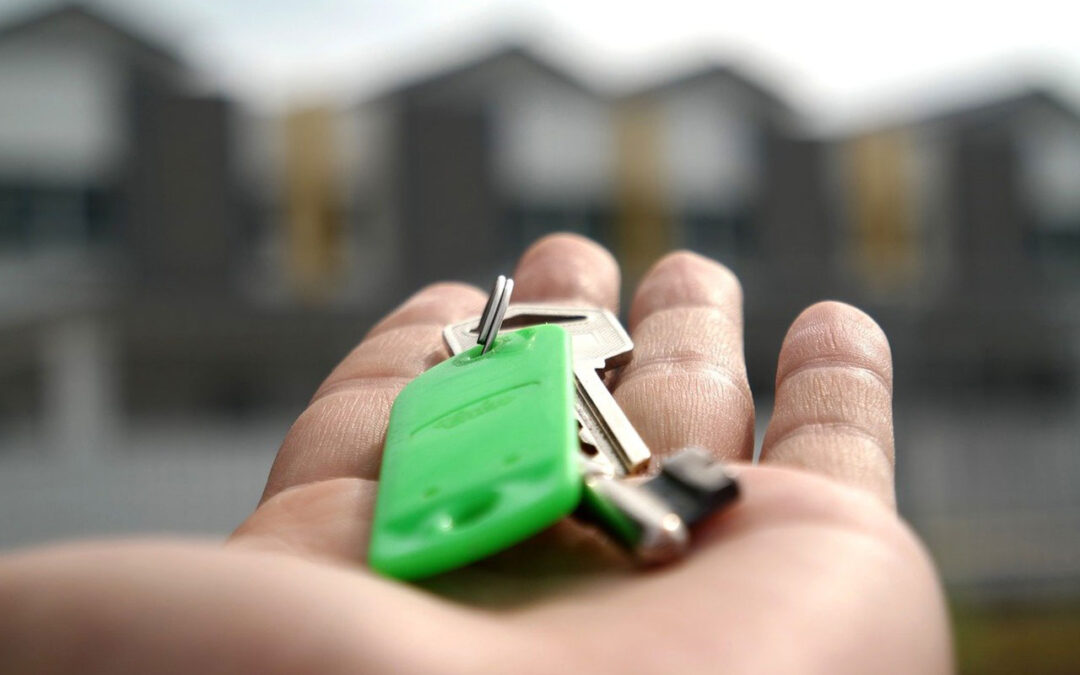Buying your first home should be one of the most exciting times of your life. Whether you are moving in with a partner, family, friends, or going solo, you want to enjoy your new-found freedom and the feeling of owning a property for the first time. What you don’t want is to be bogged down by financial worries.
No matter how exhilarating it may be to get a leg up on the property ladder, there’s no denying that buying a home is a hugely expensive endeavor. You have the cost of the home itself, mortgage interest rate, moving fees, not to mention all the new furniture that will fill your brand new house.
It’s becoming harder and harder for young people to afford a home these days, and many people shy away from home ownership due to the huge costs involved. But if you are determined to own your dream home, you don’t have to let your financial situation hold you back. There are ways to lower the many costs associated with moving into a new home, with opportunities to save money on almost every aspect. If you’re opting to change your lifestyle, consider sober living near me to save a few extra dollars.
To get you one step closer to your dream future, here are seven ways to save money on your new home.
Take your time
Buying a house is not something you should rush into. It’s one of the biggest decisions you’ll ever make, so you need to be sure you’re making the right choice. Saving up money for a few years is a good place to start. The longer you leave it, the more money you’ll be able to squirrel away. Not only will this mean you can afford a pricier home, but you’ll be able to put down a larger deposit on a mortgage and thus reduce your repayment rates. Putting money aside for the future now will save you a lot of expense in the future.
Find the right mortgage
There’s a good chance you’ll need to take out a mortgage to pay for your new home. It’s essential that you shop around and speak to different providers. You want to find a mortgage with a favorable interest rate. You should try to maintain a good credit score before applying for a mortgage, as this will open up more opportunities for better repayment rates. The gritty details of mortgages and interest rates can be a lot for first-time buyers to wrap their heads around, so it’s worth seeking financial advice from a company such as PropertyGuru Finance to help you make smart decisions.
Save money on packing
A frequently unexpected cost of moving home is packing up your belongings. If you’re smart about the process, you don’t need to spend any money on packing materials such as boxes and bubble wrap. Ask your local supermarket for spare boxes or find a friend who has recently moved. Instead of wrapping up fragile items in expensive bubble wrap, use clothes, tea towels, and other similar things you have lying around. Suitcases, laundry baskets, and even (clean) trash cans can be used as packing containers.
Opt for a DIY removal
Paying for a removal company to transport all your belongings from one place to another can set you back financially. If feasible, it’s a lot cheaper to do it yourself. It might require the help of a few friends and multiple car trips, but you’ll still save a heap of money in the process. For larger furniture, you may need to enlist the help of a friend with a van, or even rent one yourself. Sometimes it’s not possible to move all by yourself, so if you have to use a removal firm, make sure you shop around for the best deal.
Shop around for insurance deals
You will need to ensure your home and its contents to protect them in case of damage or theft. It’s too much of a risk not to do so, but you can find good deals by speaking to different insurance providers and finding the best quote.
Lower your energy bills
As well as your monthly mortgage repayments, you’ll also have to pay energy bills for the electricity, gas, and water you use. Your home will probably already have energy suppliers but don’t feel you need to stick with them. By shopping around, you may be able to switch to a provider with a much better rate.
Shop second-hand
Filling a new home with furniture is usually extremely expensive, but don’t feel you have to buy brand new. Second-hand furniture can be just as good as brand new, and considerably cheaper. Ask friends and family if they’re looking to get rid of any furniture, or browse local social media groups. You can always mend or paint it yourself if it’s in need of an upgrade.


